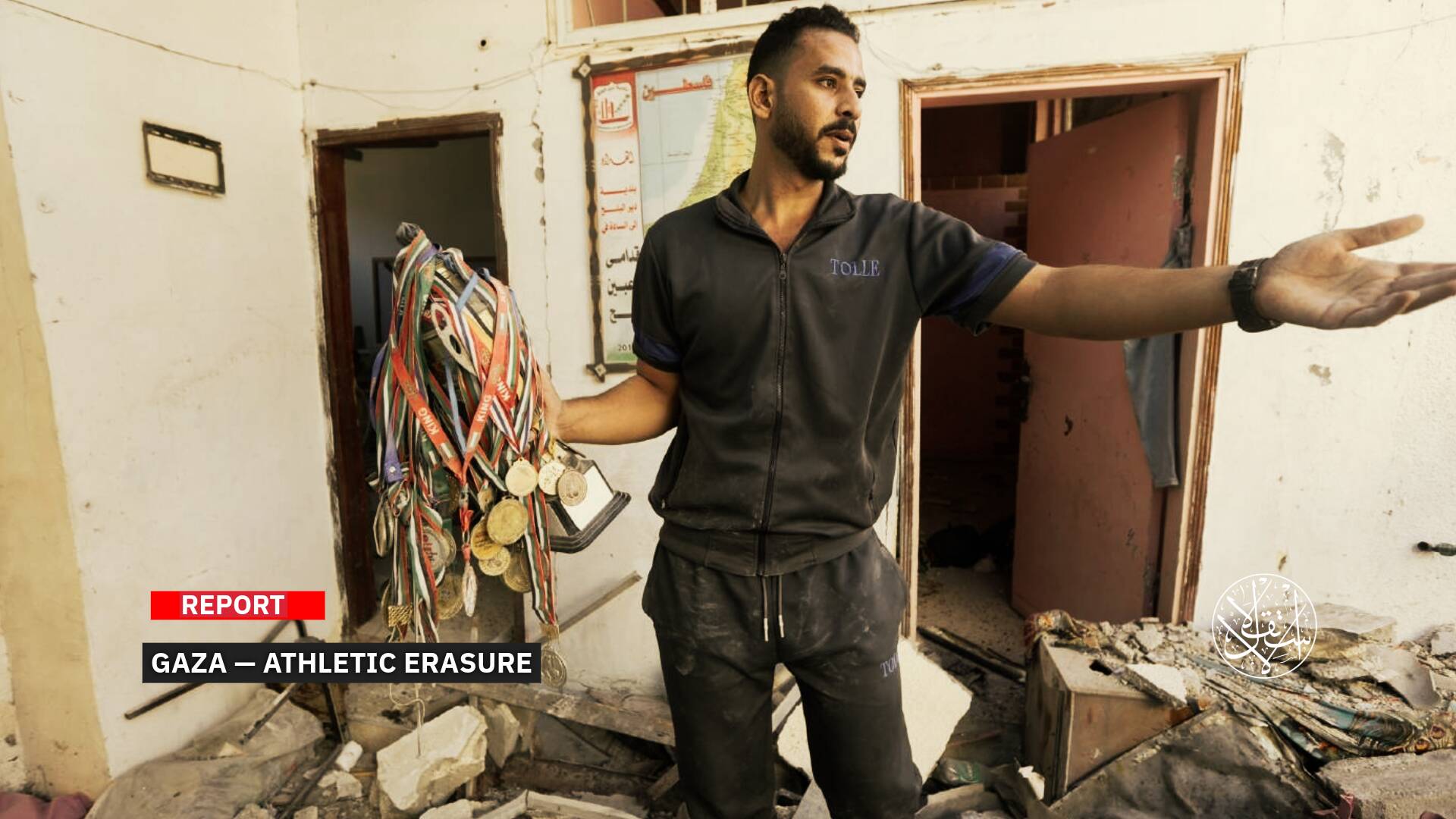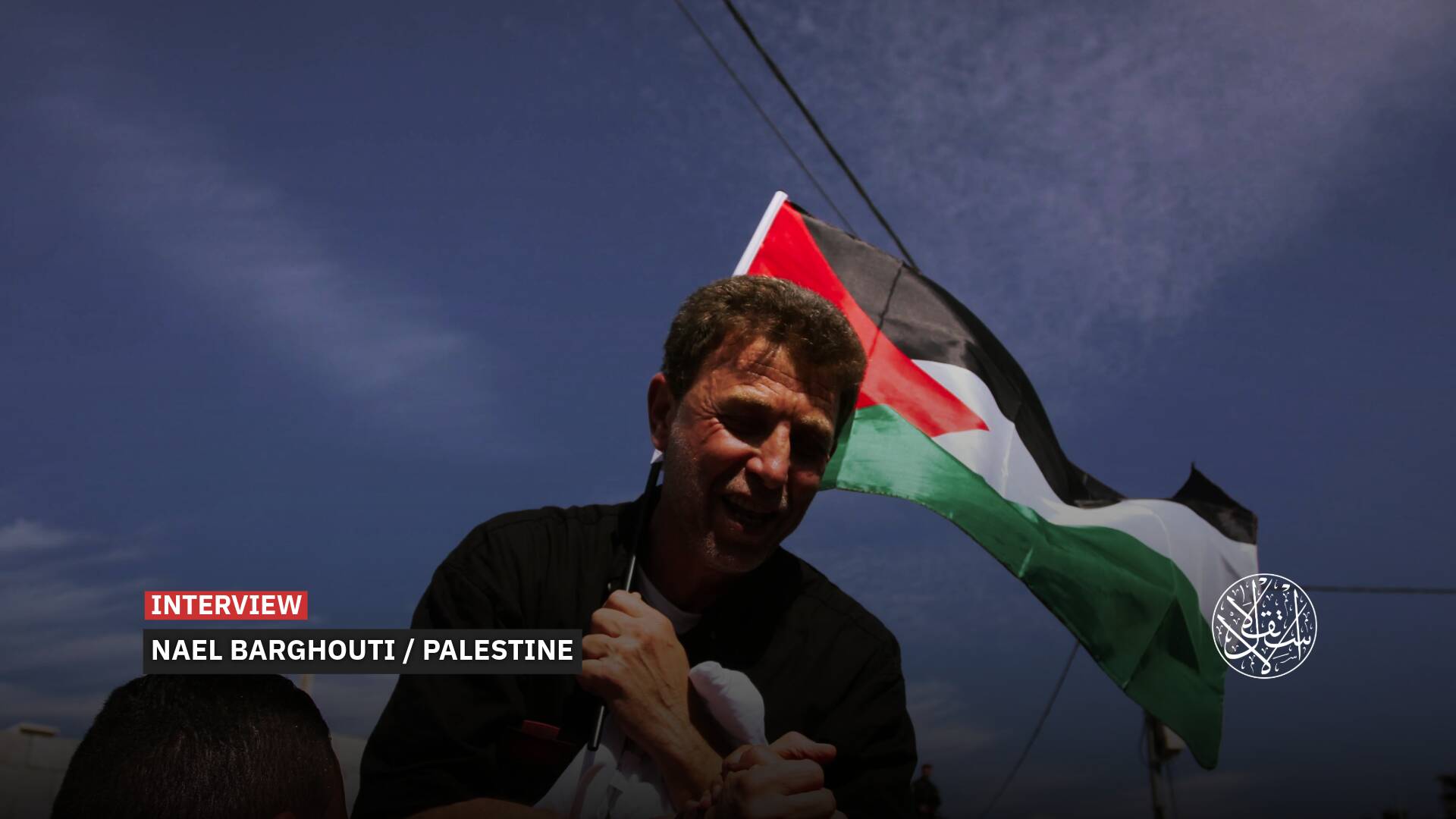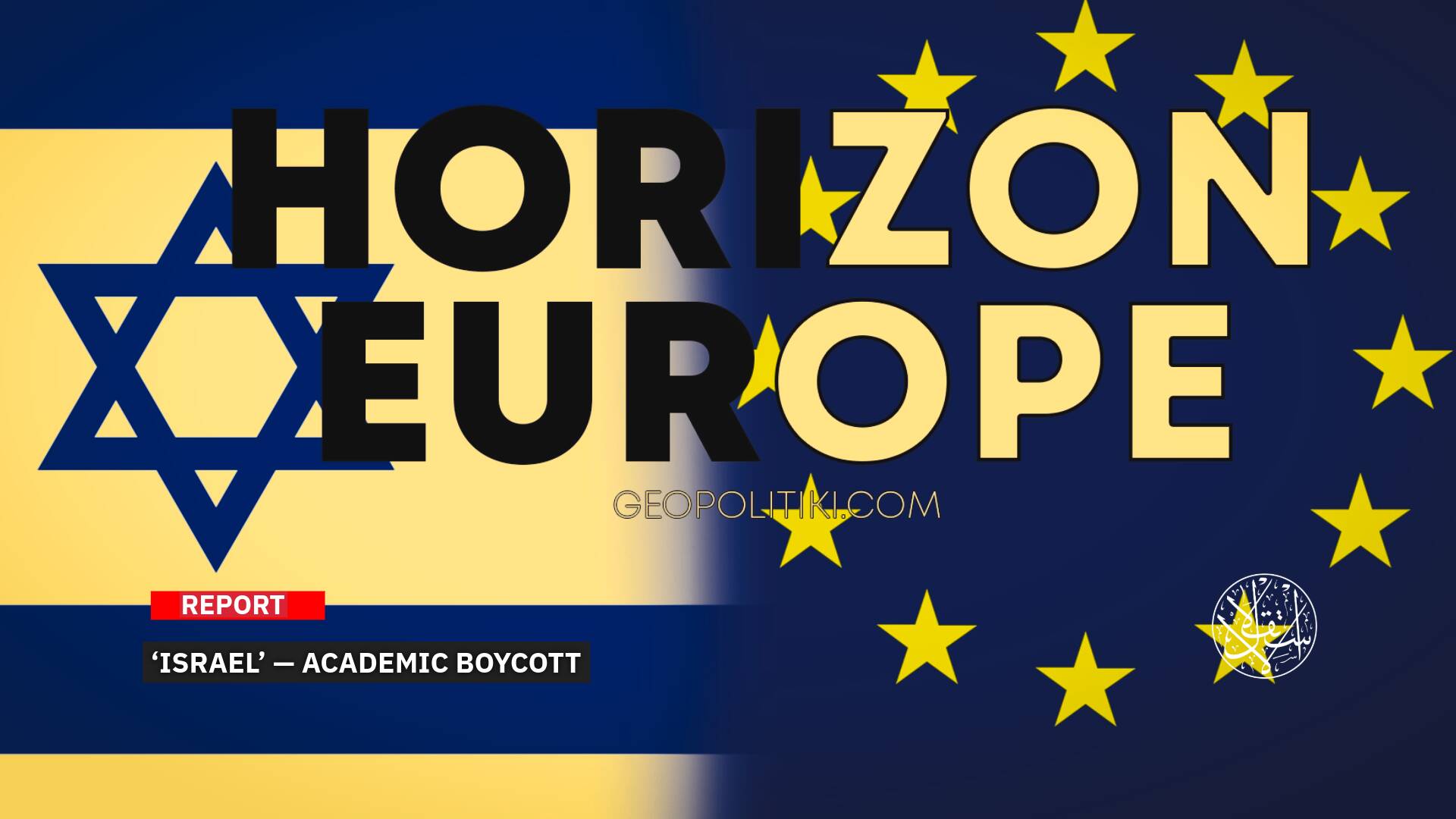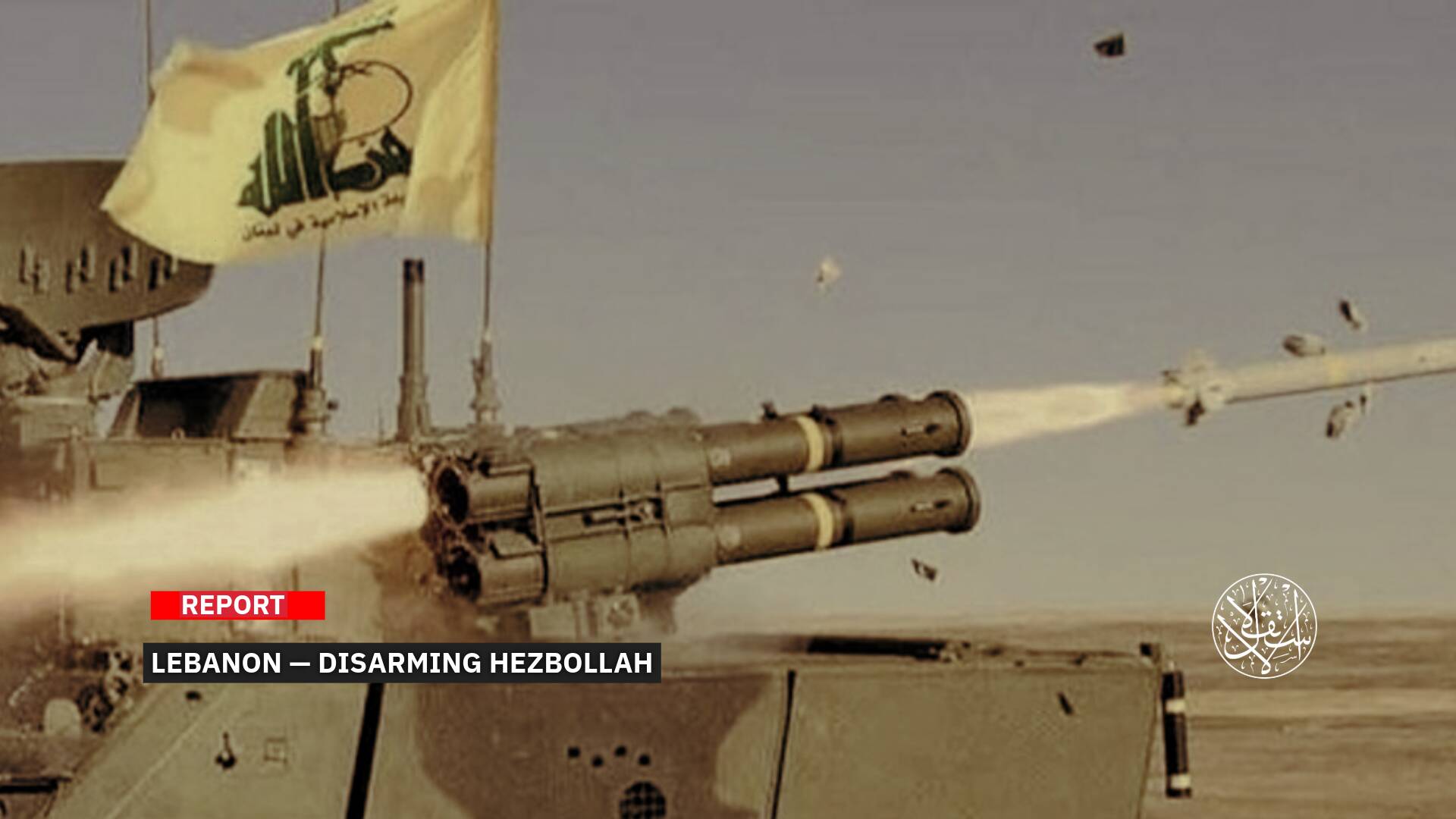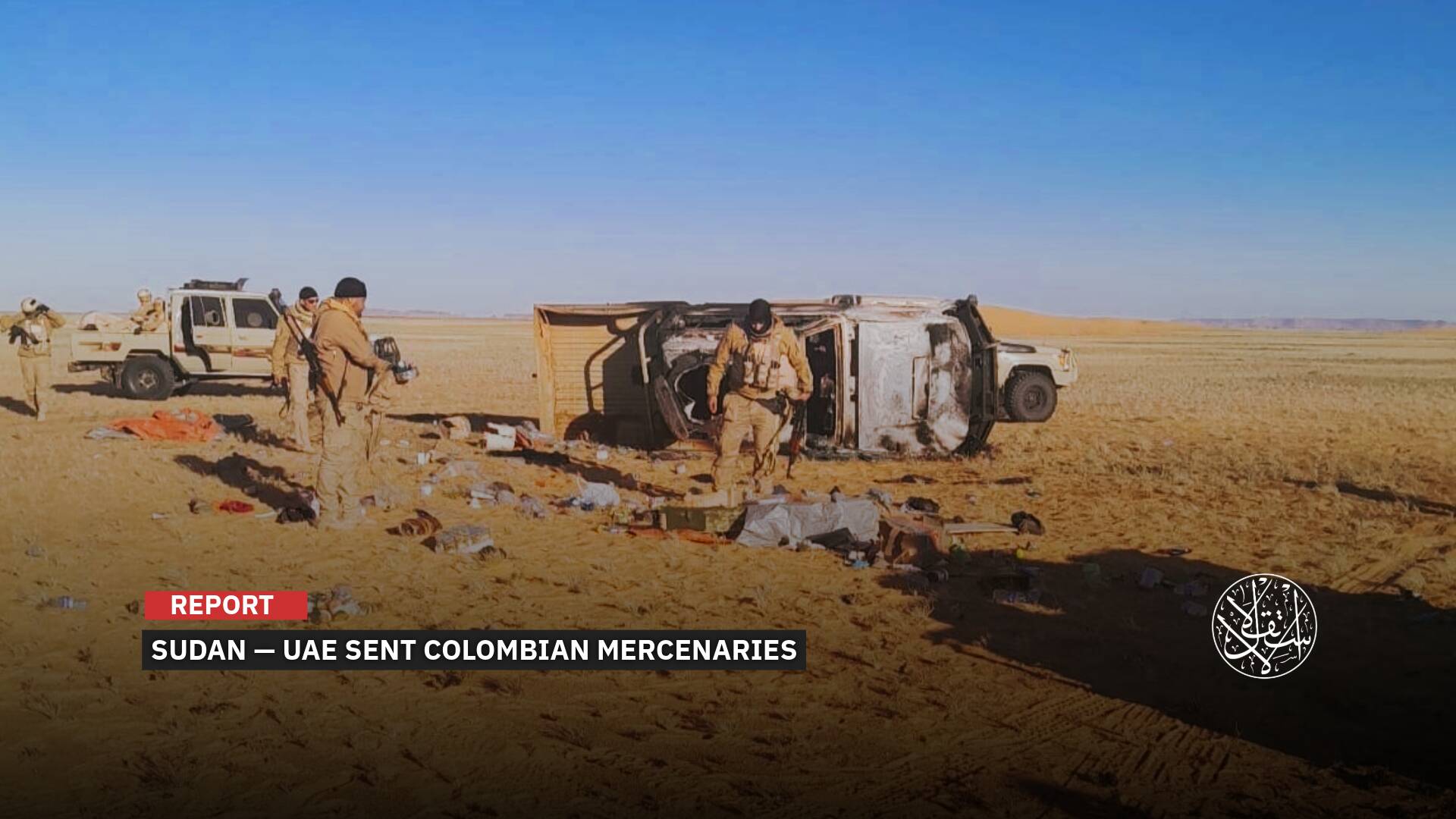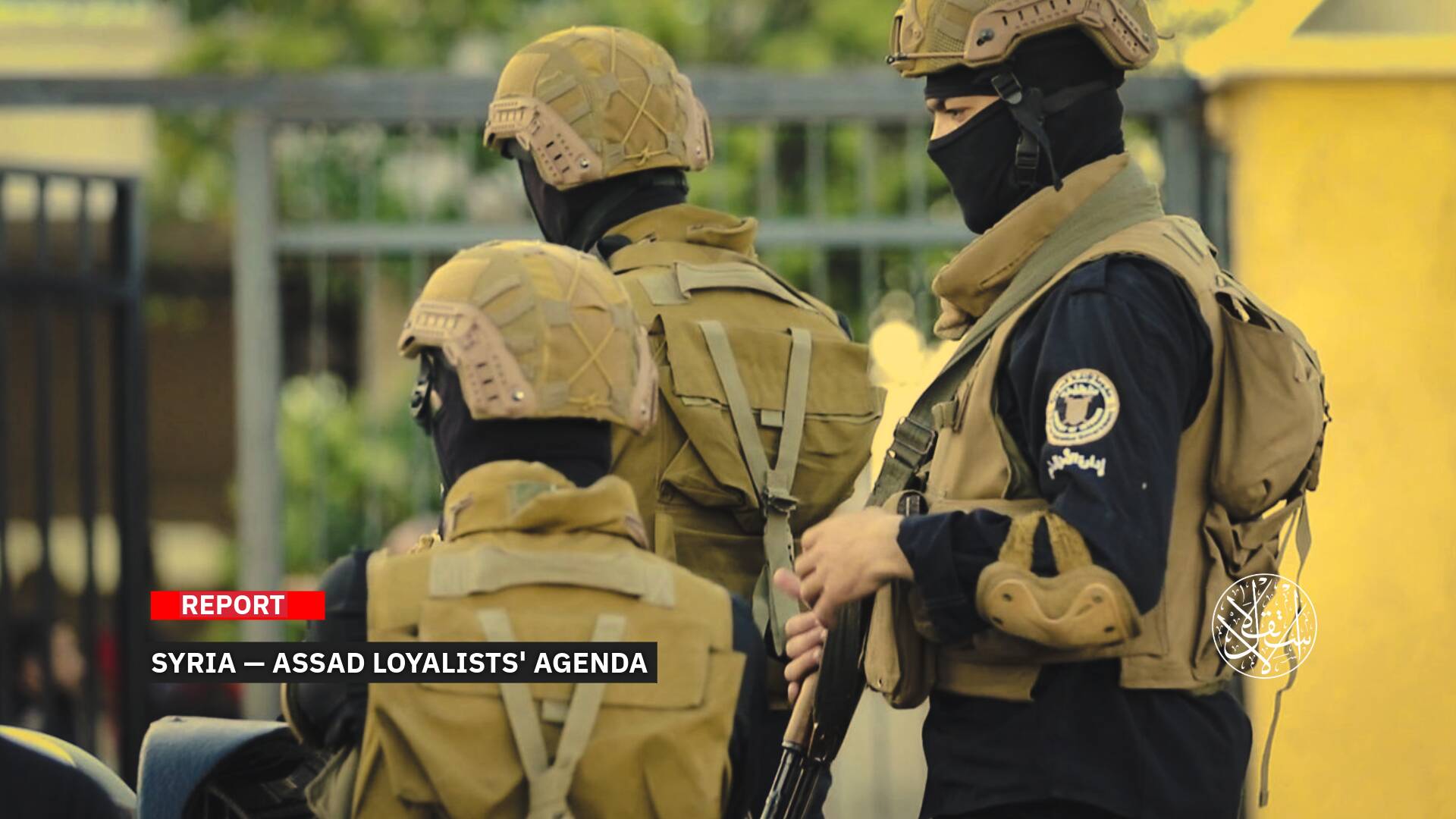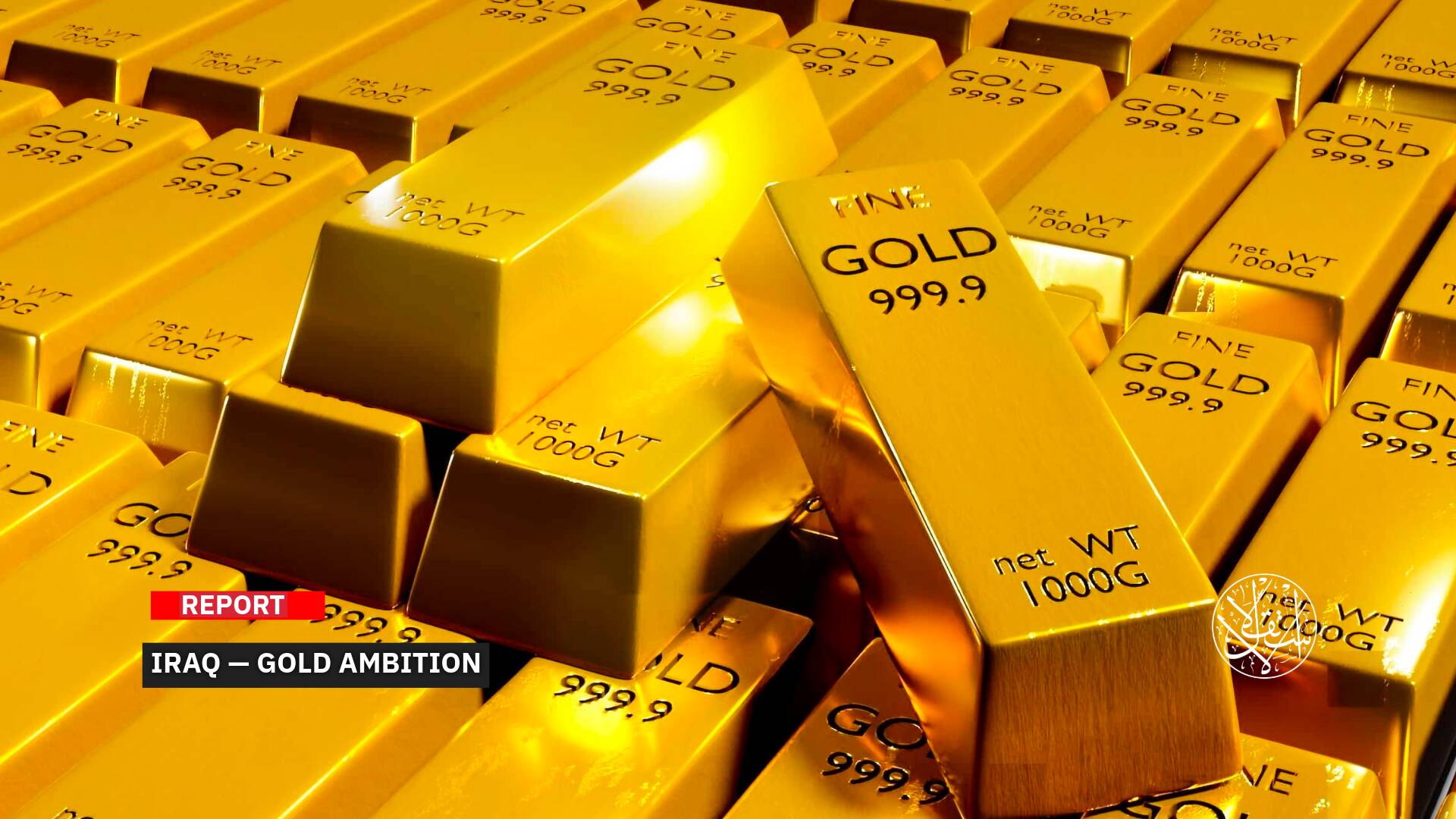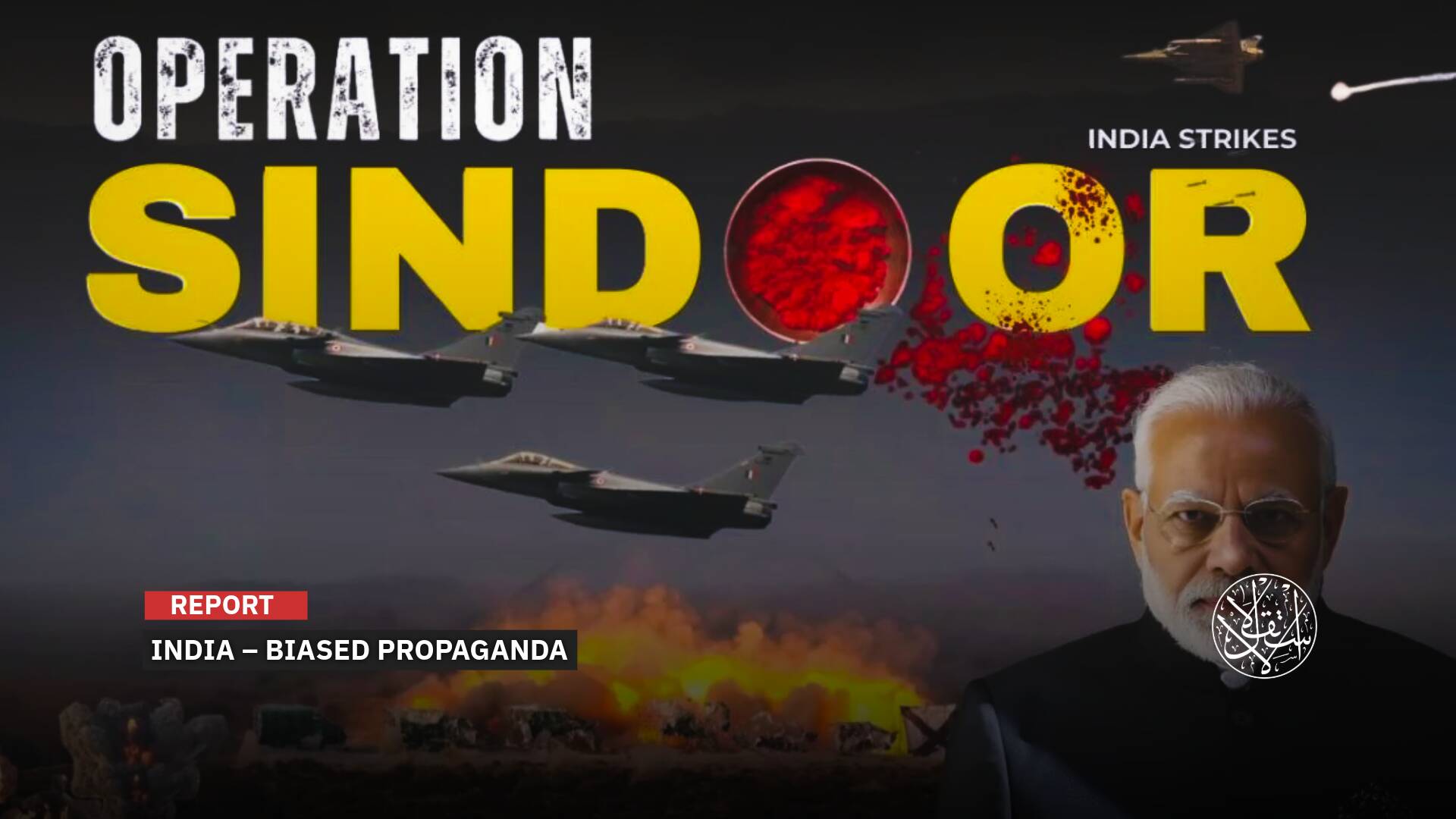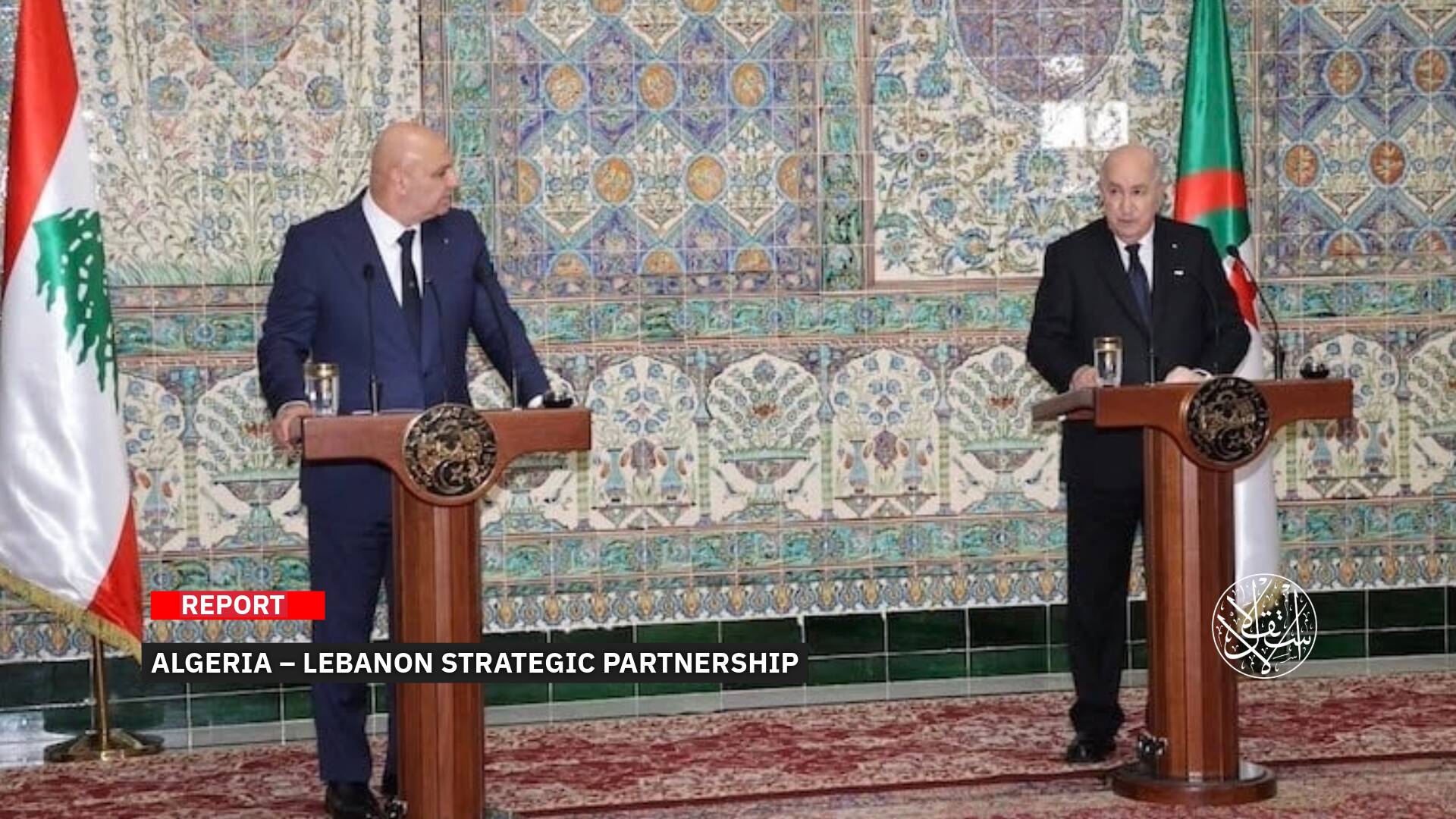The Relations Between the Sisi Regime and Hezbollah; Bridges Extending Over the Blood of Peoples
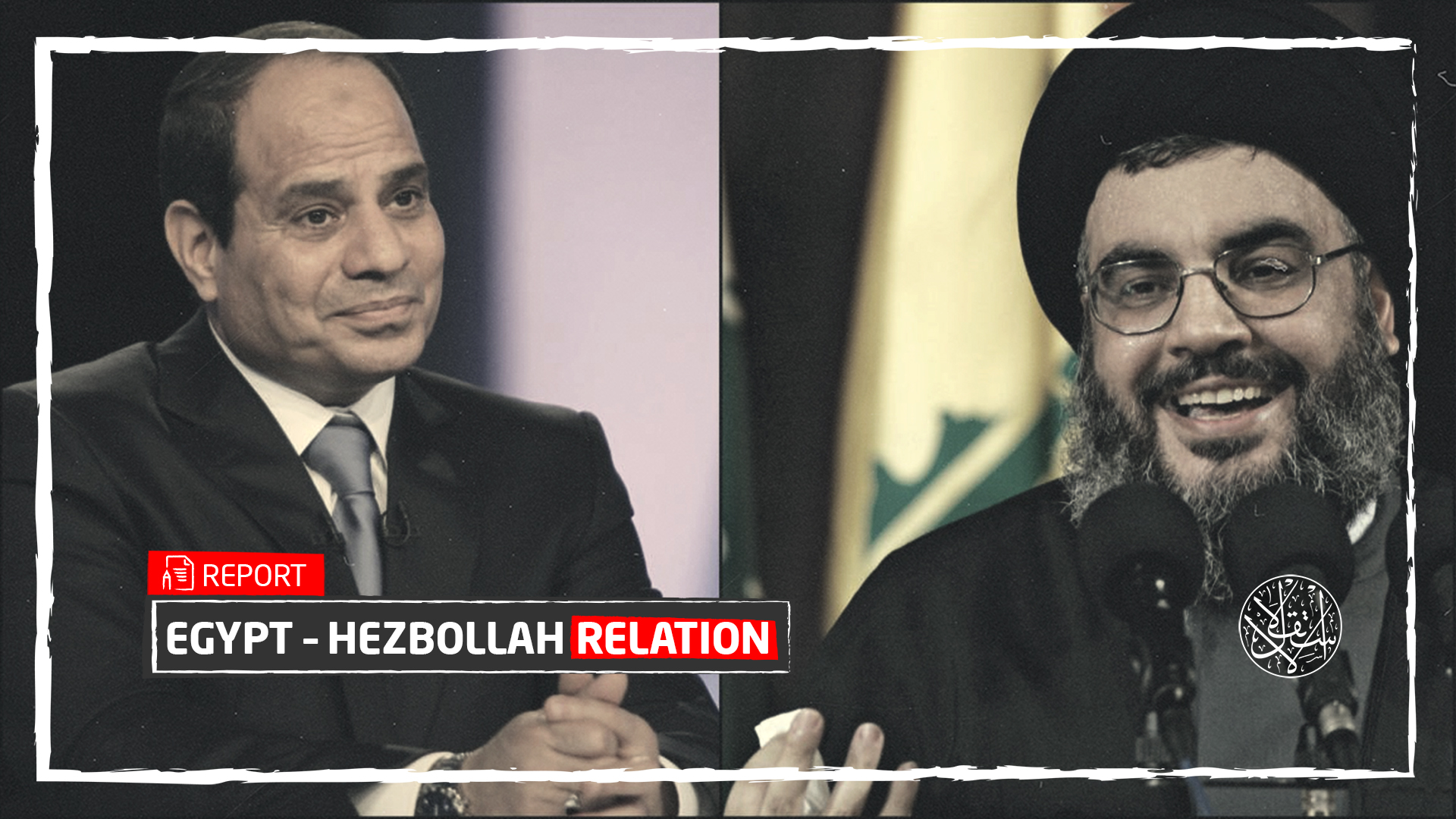
A lot of controversy arose after the disclosure of intelligence meetings between the Egyptian General Intelligence Service, led by Major General Abbas Kamel, one of the most prominent and important men of the regime's president, Abdel Fattah El-Sisi, and among the Lebanese Hezbollah.
The two sides dealt with a number of files, foremost of which are the Palestinian factions in the besieged Gaza Strip, the economic crisis in Lebanon, and the developments in the Syrian situation.
The exciting communication returned between August 10 and 12, 2021 when the Egyptian ambassador to Lebanon, Yasser Alawi, made the first contact with Wafiq Safa, Head of the Liaison and Coordination Unit in Hezbollah.
This is evidence of Egyptian diplomacy's adoption of a new approach towards Lebanon in particular and the Levant in general.
Egyptian communication with Hezbollah, the owner of the Iranian agenda, classified as a terrorist organization by 60 countries, and the most prominent people involved in igniting the Syrian war, by supporting the regime of Bashar al-Assad, which committed horrific massacres, opening the door to questions about what Cairo wants from the Shiite party to what extent do their visions coincide in the existing regional issues?
Proactive Approach
In its outgoing version at the end of August 2021, the French “Intelligence Online” magazine, which is concerned with intelligence affairs, described the nature of the existing relations between the Egyptian intelligence and the Lebanese Hezbollah as a new strategy adopted by Egypt, which was not drawn by Major General Abbas Kamel alone.”
It indicated that “this strategy was drawn up with him by Motaz Zahran, the current Ambassador of Egypt to the United States and Faiza Abou El-Naga, Advisor to Sisi on National Security Affairs.”
“Major General Abbas Kamel held secret talks with Hezbollah, in the hope that the Lebanese Shiite movement will call on the besieged factions in Gaza to calm down (with Israel),” the magazine stated.
“Between June 10 and August 12 of the year 2021, the head of the Egyptian General Intelligence Office was received in the Hezbollah stronghold located in Haret Hreik, in the southern suburb of Beirut,” it reported.
“Hezbollah talks with the Egyptian side, led by Naim Qassem, deputy secretary general of Hezbollah, and Hashim Safi al-Din, head of the party's executive council, and the cousin of the party's leader, Hassan Nasrallah, dealt with the crisis in Lebanon and the situation in Syria,” it said.
“But Hezbollah's relations with Hamas and other Palestinian factions were primarily the focus of this unique meeting,” according to the magazine.
Since Sisi's rise to power in 2014, he has worked to open a permanent line of communication with the Lebanese Hezbollah, in a relation that was characterized by calm, and was not affected by the storms of politics, nor by the tensions between the Shiite party and the Saudi axis, which is one of the most important supporters of the Egyptian regime.
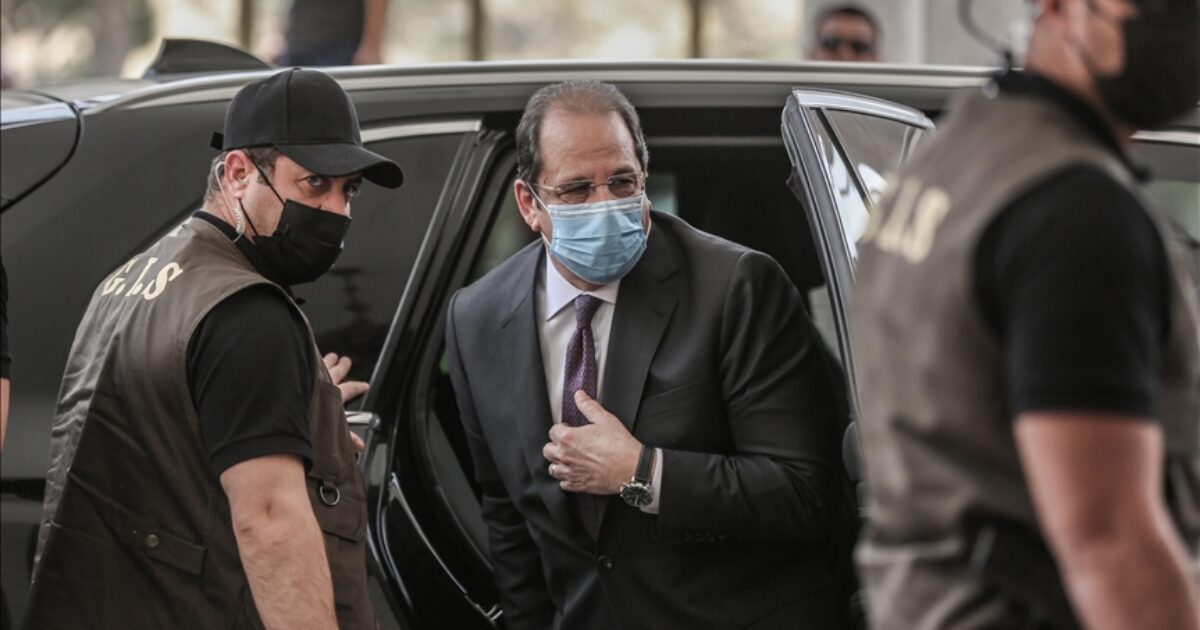
Extended Relations
Communication between the Sisi regime and Hezbollah began when a high-ranking delegation from the Lebanese party came to Cairo to offer condolences to the Egyptian journalist writer, Mohamed Hassanein Heikal, on February 22, 2016.
During the visit, members of the party met with officials in the Egyptian General Intelligence, they discussed with them mechanisms of cooperation in several files in Syria and Iraq.
At that time, the party's media relations official, Muhammad Afif, appeared and declared that “their relations with Egypt are open.”
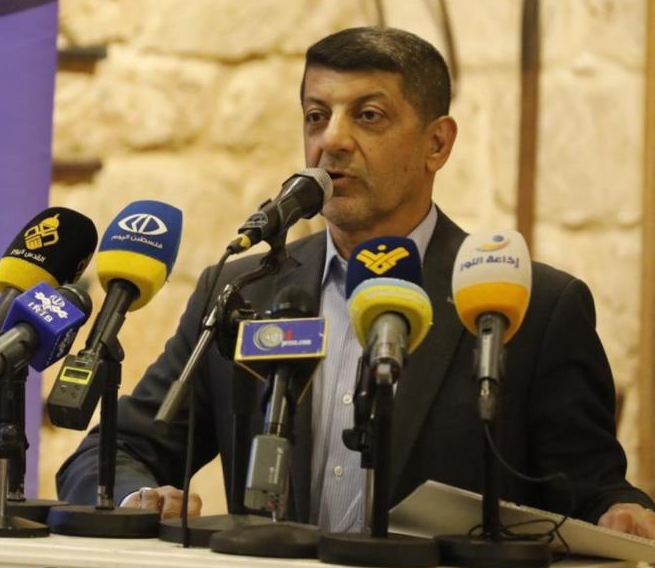
At that time, Egyptian journalist Wael Kandil commented in a televised interview on Al-Jazeera on February 24, 2016, saying: “Sisi is maneuvering with the Gulf states, and he does not establish his relations with them on the basis of principles, but according to grants and aid.”
“Here he meets with Hezbollah, which is currently not behaving as a resistance party, but as a sectarian militia,” he added.
He pointed out that “the two sides, along with Israel, are keen not to overthrow the Bashar al-Assad regime.”
On November 11, 2017, Al-Youm Al-Sabaa newspaper, which is affiliated with the Egyptian regime, published statements by Sisi, during the crisis between Saudi Arabia and Hezbollah, when asked about his position, he confirmed that “he would not take any action against the party.”
Regarding the possibility of a military strike against Iran or Hezbollah, he said: “I oppose war, and we do not want other problems, nor does it increase the challenges and turmoil that exist in the region.” He added that “it will not involve Egypt in the Lebanese-Gulf crisis.”
On January 6, 2015, the Israeli newspaper, Yedioth Ahronoth, published a report under the title “Sisi is getting closer to Hezbollah.”
The newspaper confirmed that “over the background of the struggle against ISIS in Sinai, and Sisi extended his hand to save the Assad regime, for the first time in years, there was a congruence of certain interests and visions between Cairo and Nasrallah.
“Sisi does not speak clearly about the overthrow of the Assad regime or about a military intervention; Rather, he speaks only about a political solution, which gives a privileged point with Hezbollah and the Syrian regime,” it stated.
The Hebrew newspaper described the new diplomacy and the collapse of the iceberg between the two sides, under the phrase “Egypt and Hezbollah end the years of estrangement.”
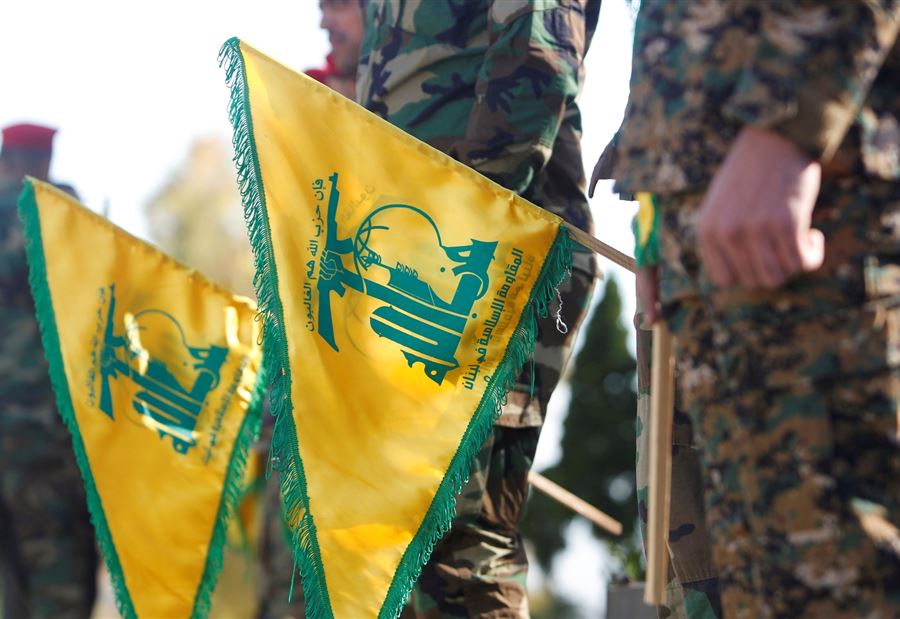
United Visions
After the military coup on July 3, 2013, Egypt witnessed a change in the political approach, at that time, Sisi’s diplomacy was based on explicit support for Bashar al-Assad and communication on all diplomatic and intelligence lines, this is in line with the approach of the Lebanese Hezbollah.
In November 2016, on the sidelines of his visit to Portugal, Sisi made a statement, with statements in which he stressed that “our first priority is to support the National Army in Syria (Assad's forces).”
On February 14, 2017, Foreign Affairs magazine published an article by commentator Aaron Kessler, he talks about the developing relation between Egypt and Syria.
Kessler said that “Sisi is one of the few Arab leaders who have made no secret of their clear support for the Assad regime, whose membership has been suspended by the Arab League since 2011.”
“Egypt restored relations with Syria after the coup against the late President Mohamed Morsi, who cut it off, and took a hard stance against the Bashar al-Assad regime,” he added.
On July 30, 2020, the Turkish Anadolu Agency quoted private sources that “the Sisi regime recently sent armed forces to the countryside of Aleppo and the Idlib area in northern Syria, in coordination with the Iranian Revolutionary Guards.”
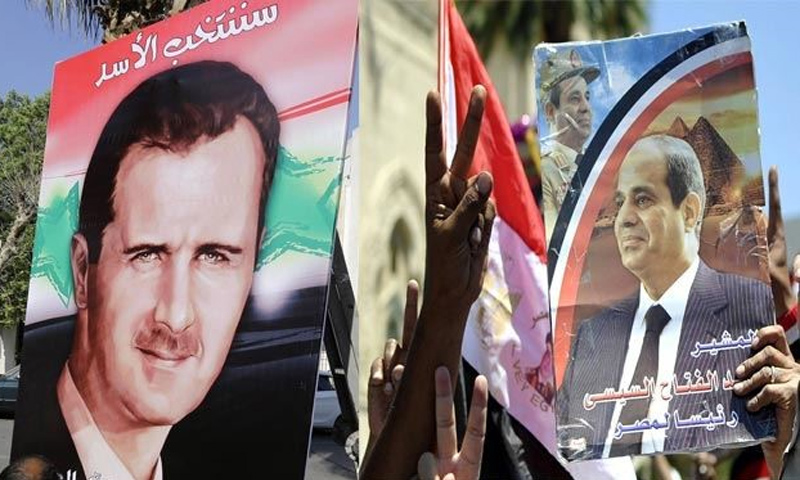
No Constants
The specialist in Egyptian-Arab relations, the Egyptian journalist, Mohamed Youssef, believes that “since the outbreak of the Arab Spring revolutions and the fall of the old regimes in the Middle East, successively, diplomatic relations were characterized by being unstable, it does not follow the same pace, as yesterday's enemies have become today's friends, and vice versa.”
Regarding the relations between Egypt and the Lebanese Hezbollah, “it cannot be overlooked that there was a security case against Hezbollah in Egypt during the time of former President Hosni Mubarak, and elements loyal to it were arrested, accused of trying to cause explosions in Cairo, and they were sentenced to severe sentences,” according to what Youssef told Al-Estiklal.
“But today is not yesterday, and Hezbollah is currently part of the Lebanese state and the form of the government, and involved in the equation both internally and externally,” the Egyptian journalist added.
“When we talk about the Gaza Strip, Syria or Iraq, Hassan Nasrallah and his party cannot be omitted from the calculations, therefore, it is normal for there to be points of convergence and intelligence cooperation,” he said.
“Hezbollah is classified as a terrorist by many countries of the world, and in the Gulf and Saudi Arabia in particular, wherefore the nature of the meetings and discussions shall be secret and undeclared, and it has many question marks, especially with regard to the Syrian issue,” he continued.
The Egyptian journalist believes that “sooner or later, Hezbollah will be prosecuted as a genuine party in the battle and perpetrating war crimes against the Syrian people; Indeed, Hassan Nasrallah and a number of leaders were placed on the US sanctions list.”
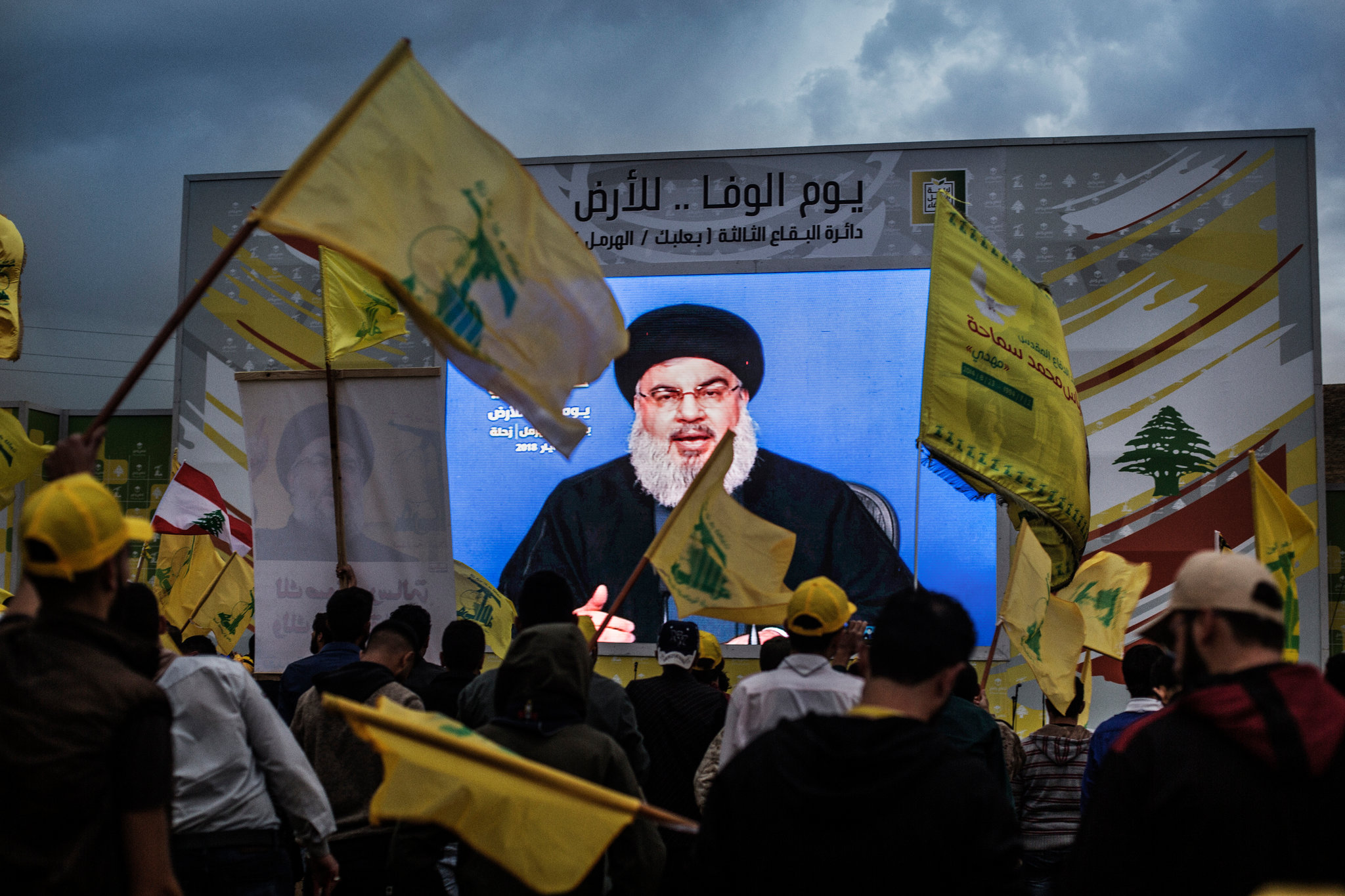
“The other role that Egypt plays in the Palestinian cause, and the discussions with the factions there inside the Gaza Strip and the West Bank, make it try to seize all the threads, specifically the relation of these factions with external powers such as Hezbollah and Iran,” he added.
“This Egyptian role requires real intelligence coordination, not communication through intermediaries,” the Egyptian journalist explains.
Sources
- Egyptian intelligence approaches Hezbollah to protect Gaza ceasefire
- Sisi and Hassan Nasrallah. A calm relation unshaken by regional tensions [Arabic]
- What does Sisi and Hezbollah want from each other? [Arabic]
- Yediot: Sisi is getting closer to Hezbollah [Arabic]
- Why is Hassan Nasrallah courting President Sisi? [Arabic]
- “Hezbollah” visit to Cairo.. Timing and indications [Arabic]


